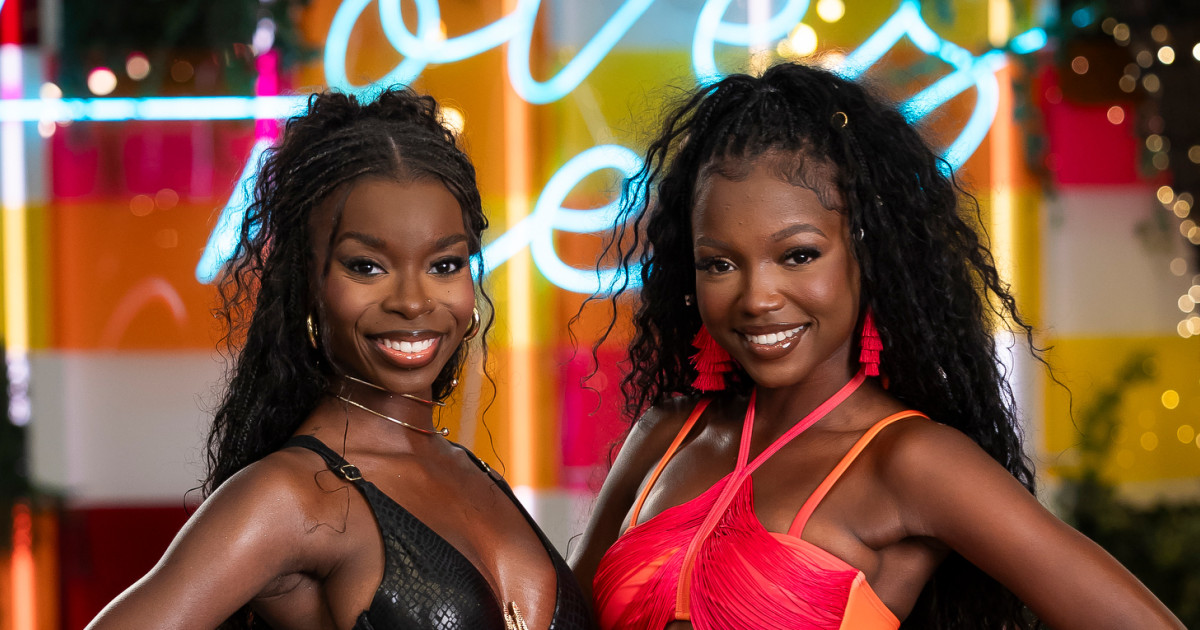RamsayBolton
Superstar

'Love Island' revives conversation about racial bias in dating
Fans and contestants say their concerns about Black women's representation on the show reflect a real-world biases against Black women.

"The diversity in the U.K. one is terrible," said Oghosa Ovienrioba, a content creator from London. "It's very anti-Black."
It's not simply that Black women are picked last for coupling or eliminated first on the U.K. or U.S. versions of the show. Many fans say there's a recurring theme of suitors dumping or ditching Black female contestants when there is a fairer skinned option. Black female contestants have also complained of not doing well on the show when they don't lower their standards for intimacy with a suitor, as though they are lucky to even been considered dating material among more desirable mates.
'Love Island' U.K. irks fans over treatment of Black women
In the U.K. version, fans have counted multiple instances where Black female contestants were left as the last choice when couples were picked, or they were first to get eliminated and dumped from the villa. Many have also noted that it took eleven seasons before a darker-complexioned Black woman was declared the winner.
Now in its 12th season, "Love Island" U.K. is still dogged by allegations of male contestants' bias against Black women. After 23-year-old Alima Gagigo, a Black woman, chose to couple up with 26-year-old Blu Chegini, a white man, he said, "I'll be honest, on paper, you're not my type."
Gagigo responded, "Of course," as if those were words she was not surprised to hear.
But contestants' racial preferences, whether real or simply perceived by fans of the show, can't be seen as objective truth about who is or is not desirable in the world, said Alexandria Beightol, host of the podcast "Apathy Is Not An Option" at the Southern Poverty Law Center, a civil rights and legal advocacy nonprofit.
"You recognizing you have a type should also be you recognizing you are a product of a lot of mass media," Beightol said.
 .
.


